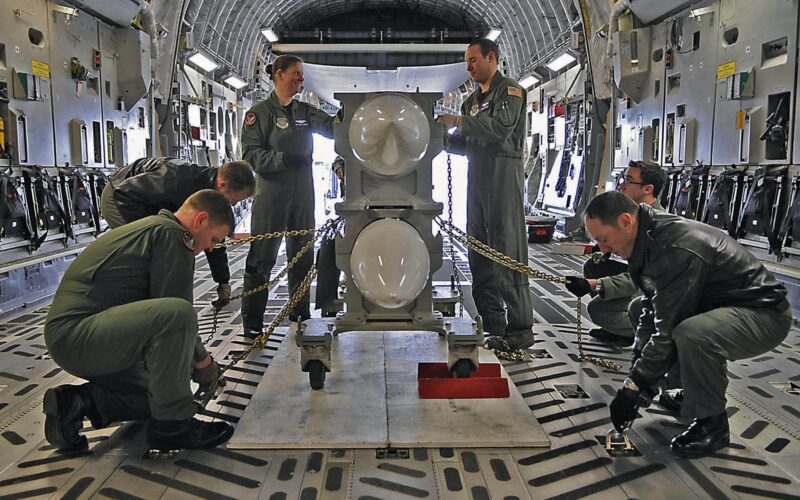Polish President Andrzej Duda asserted Warsaw’s readiness to accept the deployment of nuclear weapons on its territory if NATO decides to do so. This announcement comes amid escalating tensions fueled by Russia’s military build-up in Belarus and Kaliningrad.
“If there were a decision by our allies to deploy nuclear weapons within the nuclear sharing also on our territory in order to strengthen the security of NATO’s eastern flank, we are ready,” Duda said. “Russia is increasingly militarizing the Kaliningrad enclave. It is in the process of transferring its nuclear weapons to Belarus.”
Polish Prime Minister Donald Tusk said he was eager to meet Duda to discuss the proposal. Since Tusk’s pro-European coalition secured victory in the October 2023 elections, Poland has entered a sensitive cohabitation phase, given Duda’s close affiliation with the previous national-conservative administration.
“I strongly desire that Poland be secure and well-armed, but I also insist that the responsible individuals thoroughly prepare any initiative in this regard,” stated Tusk.
Russia also responded to Duda’s remarks, with Kremlin spokesperson Dmitri Peskov stating that Russia’s military would analyze the situation and “take all necessary retaliatory measures” to ensure its security.
In 2022, Russian President Vladimir Putin and his Belarusian counterpart announced that tactical nuclear weapons had been deployed in Belarus.
“We have already helped our Belarusian colleagues and equipped their aircraft, aircraft of the Belarusian Air Force,” Putin confirmed in March 2023. “10 aircraft are ready to use this type of weapon.”
What is NATO nuclear sharing?
During the Cold War, NATO nuclear sharing was established to ensure a quick response to potential nuclear threats from countries like the former Soviet Union. As part of this agreement, several European NATO member states, such as Belgium, Germany, Italy, the Netherlands, and Turkey, have hosted US B61 nuclear gravity bombs on different bases.
To participate in this program, countries must have combat aircraft capable of deploying these weapons. Interestingly, all these countries, except Turkey, are expected to operate the F-35A Lightning II.
In January 2020, Poland ordered 32 F-35A Block 4 jets to replace the MiG-29 and Su-22 fighters within the Polish Air Force.
Finland and Sweden, which recently joined the alliance in April 2023 and March 2024, respectively, have not ruled out the possibility of housing nuclear bombs as part of the NATO nuclear sharing agreement.

